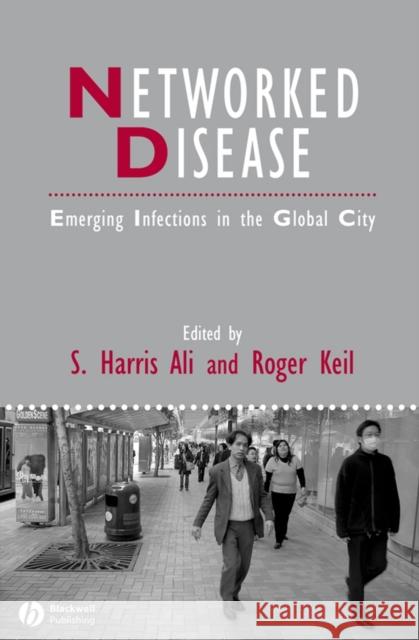Networked Disease: Emerging Infections in the Global City » książka
topmenu
Networked Disease: Emerging Infections in the Global City
ISBN-13: 9781405161336 / Angielski / Twarda / 2008 / 380 str.
A collection of writings by leading experts and newer researchers on the SARS outbreak and its relation to infectious disease management in progressively global and urban societies.
- Presents original contributions by scholars from seven countries on four continents
- Connects newer thinking on global cities, networks, and governance in a post-national era of public health regulations and neo-liberalization of state services
- Provides an important contribution to the global public debate on the challenges of emerging infectious disease in cities
- Examines the impact of globalization on future infectious disease threats on international and local politics and culture
- Focuses on the ways pathogens interact with economic, political and social factors, ultimately presenting a threat to human development and global cities
- Employs an interdisciplinary approach to the SARS epidemic, clearly demonstrating the value of social scientific perspectives on the study of modern disease in a globalized world











